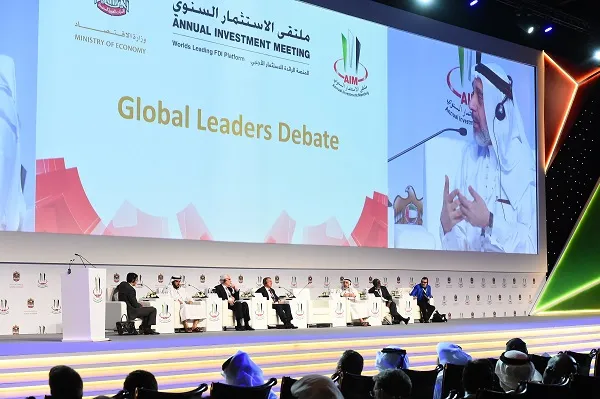- The most significant restriction to SMEs thriving in Africa is access to capital, with a massive gap in funding widening globally between these enterprises and large firms
- IFC notes that the global gap in funding between SMEs and big companies is around US$5.2 trillion
- Small and Medium Enterprises represent about 90 per cent of businesses and more than 50 per cent of employment worldwide
Micro, small and medium enterprises (MSMEs) remarkably contribute to the socio-economic infrastructure in both developed and developing countries, especially in the transition from planned to market-oriented economies. The most significant restriction to the thriving of SMEs, in Africa specifically, is the access to capital, with a massive gap in funding widening globally between these enterprises and large firms.
Small and Medium Enterprises are vigorously turning to alternative sources of funding. The world is witnessing an indispensable need for a collaborative effort to help SMEs address the lack of capital challenge.
The AIM Global 2022 will address funding of SMEs on March 30, 2022, at the Dubai Exhibition Centre, EXPO 2020 Dubai, under the SME Lending Market – Alternate Sources of Funding.
Read: Dubai: African SMEs to reap big from AIM 2022
Experts will discuss the source of capital for SMEs under the following key points of understanding:
AIM 2022 has six pillars, and the 2nd is the SMEs Pillar. The panellists for the AIM 2022’s 2nd SME Pillar Session panellists are:
- Tania Kruger, Vice President, Product Development, and SME lead in the EEMEA region, Mastercard.
- Norlela Suhailee, Head of Business Development and Support, Darussalam Enterprise (DARe), and Chair of APEC SME Working Group (SMEWG).
- Tomas Matola, President and CEO, Banco Nacional de Investimento (BNI).
- Craig Moore, Founder and CEO, Beehive.
- Luca Lazzaroli, the Director-General and Deputy Head of Operations, European Investment Bank.
- European Investment Bank.
The exhibition will hold a discussion where the panellists will highlight how SMEs were, are, and will always be critical to the growth of the global economy.
The majority of small and medium-sized enterprises account for most businesses worldwide and are significant contributors to job creation and global economic development. Small and Medium Enterprises represent about 90 per cent of businesses and more than 50 per cent of employment worldwide.
Formal SMEs in developing countries contribute up to 40 per cent of GDP, with the percentage getting significantly higher when informal SMEs are included. Experts say that over 500 million jobs will be needed by 2030 to absorb the growing global workforce caused by the increasing population.
Read: Dubai: AIM 2022 focuses on future smart cities, ultra-smart technology services
The high employment deficit makes SMEs development a high priority for many governments worldwide. SMEs create the most formal jobs in emerging markets, generating 7 out of 10 jobs. The panellists will seek to break down the funding gap existing between SMEs and large firms at the moment.
Small and Medium Enterprises and the Funding Gap
The speakers at the AIM 2022’s 2nd SME Pillar Session will highlight that small and medium-scale enterprises’ access to capital is still critically restricted. Access to finance is a crucial constraint to SME growth and is considered the second most recurrent obstacle facing SMEs to grow their businesses in emerging markets and developing countries.
SMEs are less likely to get banks from loans than large firms. Alternatively, they rely on internal funds, or cash from friends and family, to launch and initially run their enterprises.
As a result of the funding gap, SMEs are increasingly turning to alternative funding sources such as manufacturers, crowdfunding, and direct lenders.
The session panellists will also emphasize the appalling need for a carefully orchestrated global effort to improve SMEs’ access to finance and find innovative solutions to unlock sources of capital and bridge the gap in funding between SMEs and big companies.
Additionally, the session during AIM 2020 will centre on the need for banks and other lenders to align their loan models to ease SMEs’ access to finance.
Read: Dubai: Reasons why African governments should attend AIM 2022
